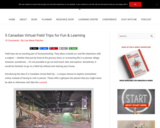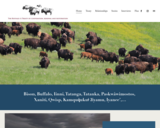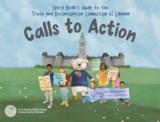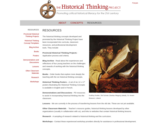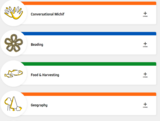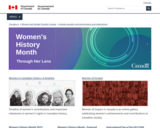
October is Women’s History Month in Canada, a time to celebrate the women and girls from our past, and our present, who are contributing to a better, more inclusive Canada.
In 1992, the Government of Canada designated October as Women’s History Month, marking the beginning of an annual celebration of the outstanding achievements of women and girls throughout Canada’s history. This year marks the 30th anniversary of Women’s History Month.
This year’s theme, She Did, So Now I Can, celebrates the actions of inspiring Canadian women that positively impact our lives today, right now, at this very minute. We are thankful for their courage and for inspiring us to do better.
The menu for this site includes links to explore:
- Women in Canadian History: A Timeline
- Women of Impact
- Women's History Month 2022
- International Day of the Girl Child - October 11
- Persons Day - October 18
- Subject:
- Education
- Social Studies
- Material Type:
- Activity/Lab
- Lesson
- Reading
- Author:
- Government of Canada
- Date Added:
- 09/28/2022
